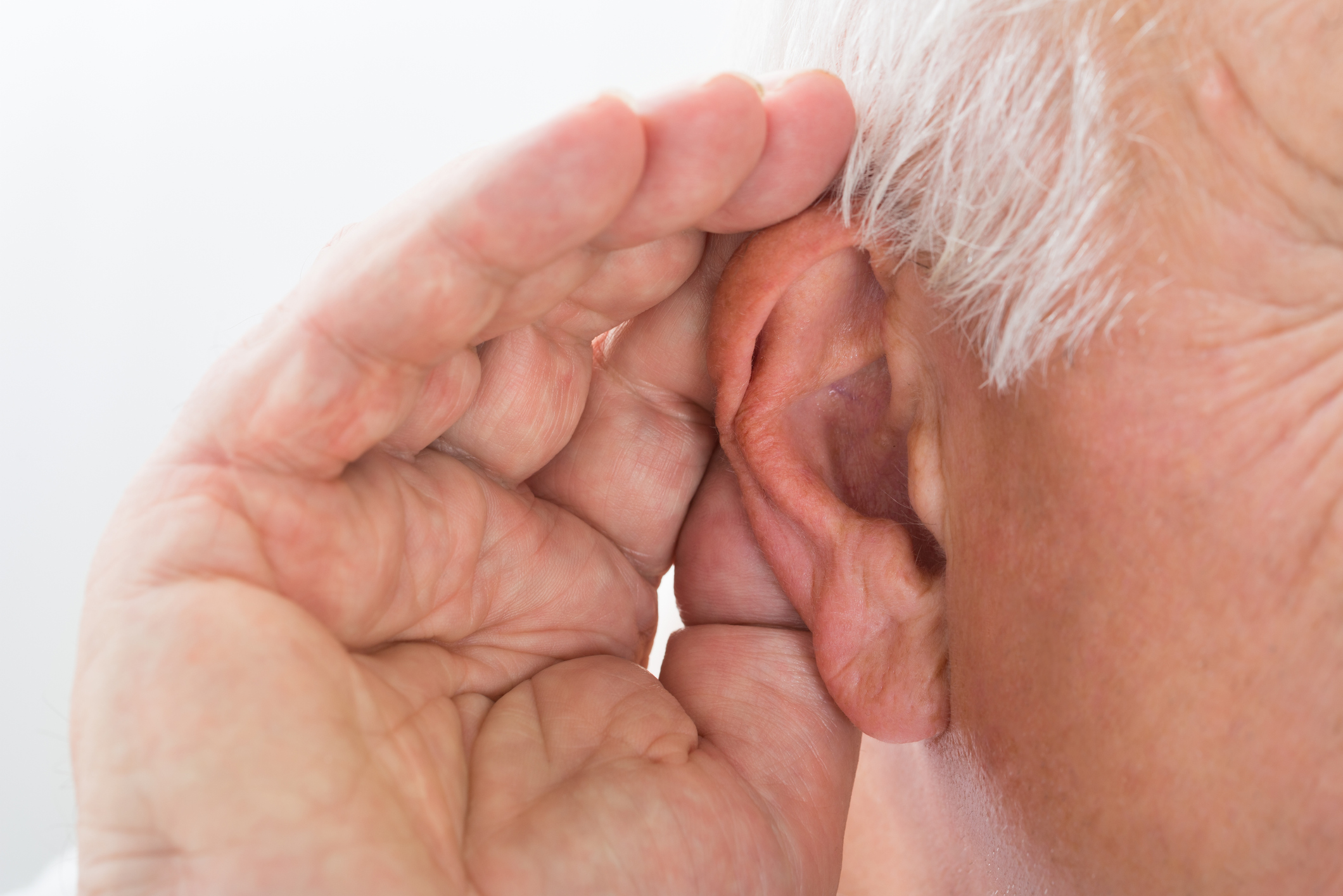Wearing a cloth face mask in public spaces along with frequent hand washing and social distancing can help slow the spread of COVID-19 but for people who are hard of hearing, masks make it harder to communicate. Older adults who are among the most vulnerable for serious complications from the virus are also more likely to experience hearing loss.
According to the National Institute on Deafness and Other Communication Disorders, about 1 in 3 seniors between the ages of 65 and 74 have hearing loss and nearly half of adults over 75 have difficulty hearing. People who are affected by hearing loss often rely on facial expressions and lip reading to follow conversations. Masks, while important measures of protection, not only muffle sound but also limit other facial cues.
Speech and Hearing BC suggests using visuals or gestures to help communicate more effectively with people who have hearing loss. It’s also important to be patient and repeat or rephrase a sentence to be better understood; move away from loud noise and write down your message when all else fails. In a time when we are all isolated, being hard of hearing and not able to communicate with others adds an extra level of frustration to an already stressful situation. Hearing loss isn’t just a problem for elderly adults, up to half of adults in Canada with hearing impairment are under the age of 65. Untreated, hearing loss can lead to poorer physical and mental health.
A Silver Lining
College student Ashley Lawrence, who is studying Education for the Deaf and Hard of Hearing, recently launched a successful Go Fund Me campaign to sew reusable fabric masks with a clear piece over the mouth; adapted for people who are deaf or hard of hearing. The DHH Mask Project has created a step-by-step tutorial for people who want to make their own mask at home. For those who need a mask but are not able to make their own; contact the project at dhhmaskproject@gmail.com. Be sure to follow guidelines regarding donning, doffing, storage and cleaning of masks so that any benefits aren’t negated by contamination.
Wear a mask to protect others, keep your distance, wash your hands and be kind. We can slow the spread while researchers work to develop a vaccine and effective treatments.






Add Your Voice
0 Comments
Join the Discussion